Improving Time to Market with Industrial Robots
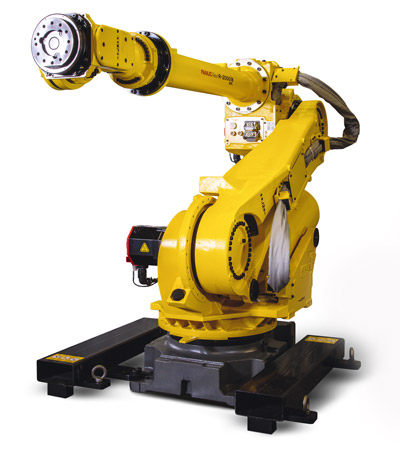
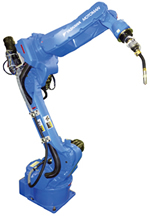
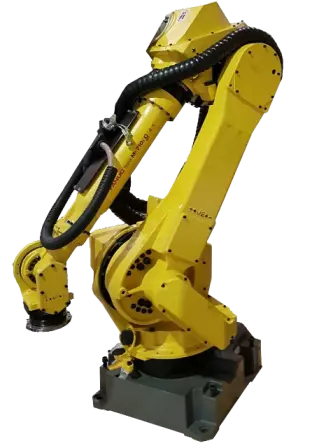
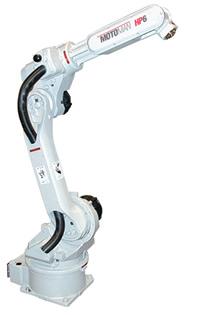
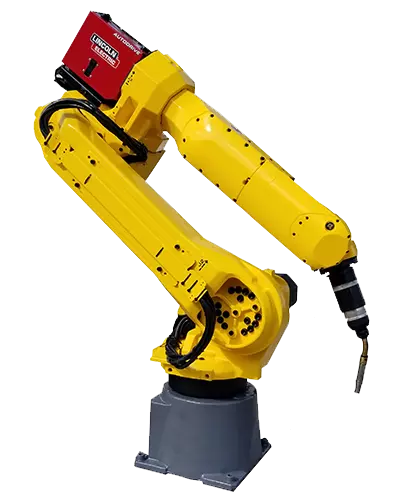
The time it takes to get your products to market plays a critical role in the success of your product, profitability, and customer satisfaction. The longer it takes to manufacture goods the higher the cost per product will be. Higher production costs means less profit for your company. A longer time to market may also cause customers to become dissatisfied and lead to poor customer retention. Today’s consumers tend to be inpatient with short attention spans. They expect immediate and fast shipping. If a product they are interested in has a long lead time they may quickly lose interest and be unwilling to wait for it. Increased competition in the marketplace means consumers are likely to find alternatives to goods with longer lead times. By the time your product is ready to hit the market, the demand may no longer be there for it.
Automating manufacturing operations with industrial robots can help companies improve their time to market. Industrial robots optimize productions making them more efficient and productive, significantly speeding up the amount of time it takes to manufacture goods. Robots can improve the time to market through faster cycle times, longer operation hours, elimination of mistakes, and consistency.
Faster Cycle Times
The best way to shorten the amount of time it takes to bring a product to market is to reduce cycle times. This can be accomplished through robotic automation. Industrial robots operate at much faster speeds than humans. They are also not prone to tiring, distractions, or other non-value activities that lead to production disruptions. The FANUC Lr Mate 200ic can make quick work of robotic assembly applications. Speeding up cycle times is one of the keys for increasing output.
Longer Operation Hours
Not only can industrial robots operate at much faster speeds than humans they can also operate for longer periods of time. The productivity rates of manual or semi-automated manufacturing is dependent upon the work hours of employees. Employees cannot work around the clock or without breaks which hinders productivity and slows time to market. The ABB 2600-20 along with other industrial robots can operate twenty-four hours a day. The greater uptime of robots boosts productivity and shortens the amount of time it takes to manufacture goods. A factory that operates 8 hours a day may take an entire week to complete a product. While a fully automated factory may take a little over a day to produce the same product.
Elimination of Mistakes
Mistakes are unavoidable with manual labor and will cause production delays due to rework and having to source additional materials. Articulated robots are extremely accurate and programmed to follow specific parameters. Automating with the Yaskawa Motoman MA1440 eliminates errors by removing the human component to manufacturing. Product quality increases and becomes consistent. The prevention of mistakes allows items to reach consumers sooner as there are no errors to correct.
Consistent Manufacturing
Avoiding labor shortages is another key to improving time to market. Labor shortages ultimately hurt productivity, causing longer cycle times. Six axis robots provide consistent manufacturing as there is no turnover, sick days, or paid time off issues to deal with. Downtime with robots is rare for more consistent and reliable labor.
Robots Done Right is the place to start when it comes to used robots. Contact us if you are interested in buying or selling a used robot.




